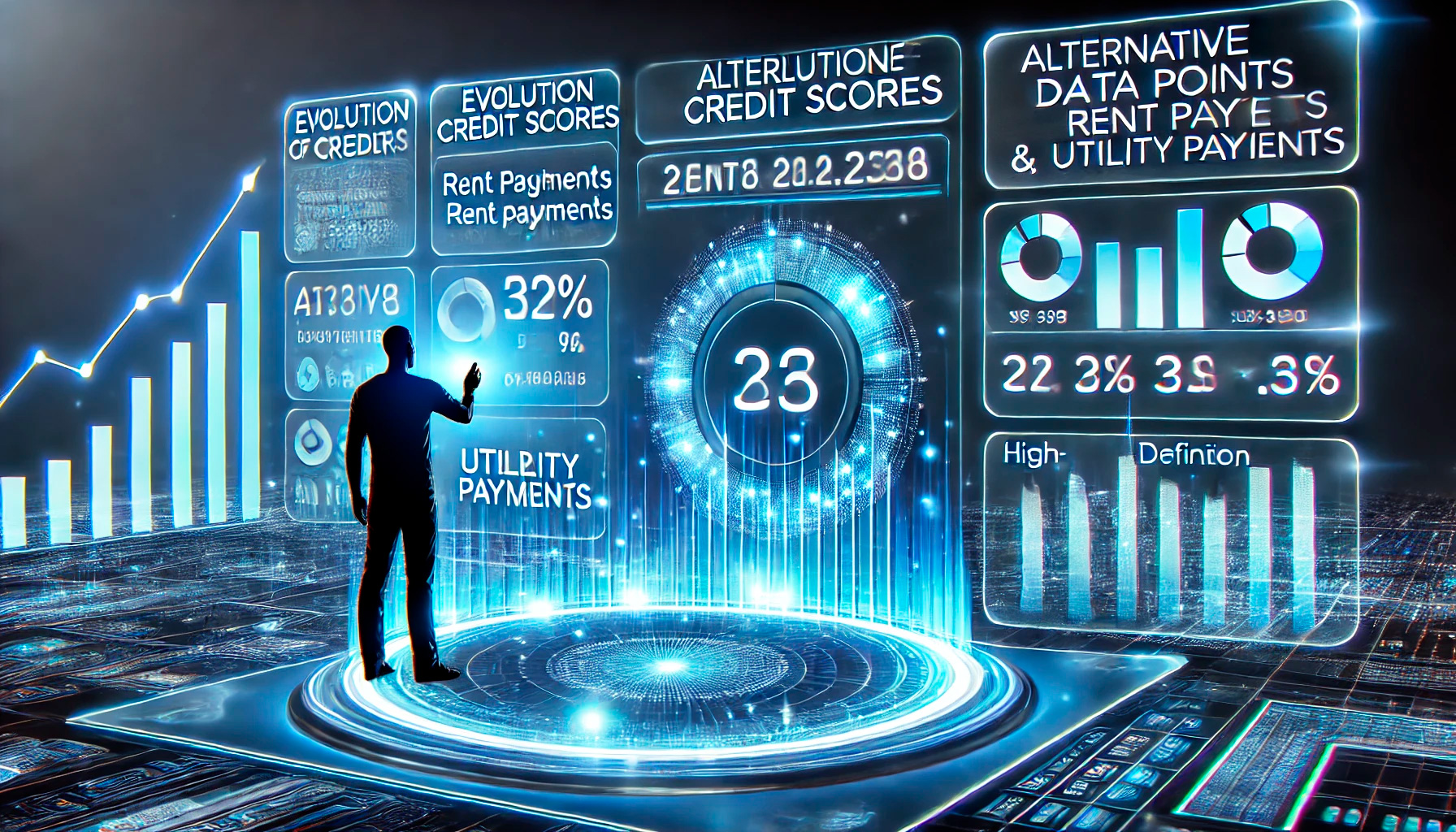In an increasingly digital and data-driven world, credit scores continue to play a pivotal role in shaping financial opportunities. Whether you’re applying for a mortgage, renting an apartment, or even seeking a new job, your credit score serves as a measure of your financial reliability. However, the way credit scores are calculated and used is evolving. As technology advances and new metrics are considered, the future of credit scores is poised to reshape the financial landscape. Understanding these changes and their potential impact on your finances is crucial for staying ahead in a competitive and fast-changing environment.
How Credit Scores Work Today
Currently, credit scores are calculated using five primary factors: payment history, credit utilization, length of credit history, credit mix, and recent inquiries. These elements are combined into a three-digit score, typically ranging from 300 to 850, with higher scores indicating better creditworthiness. Major credit scoring models like FICO and VantageScore dominate the market, providing standardized evaluations of financial behavior to lenders, landlords, and even employers.
While these models have been effective for decades, they rely heavily on traditional financial data, such as loan payments and credit card usage. This approach often excludes individuals with limited credit histories, such as young adults, recent immigrants, or those who prefer not to use credit cards. The result is a system that can sometimes feel outdated and restrictive.
The Evolution of Credit Scoring
The future of credit scoring is moving toward more inclusive and comprehensive evaluations. Advances in technology and data analytics are paving the way for alternative credit scoring models that incorporate nontraditional data. Rent payments, utility bills, subscription services, and even education levels are beginning to factor into credit evaluations.
For example, Experian Boost and similar services allow consumers to include utility and telecom payments in their credit reports, providing a way to enhance scores using everyday expenses. These innovations aim to make credit scoring more accessible to individuals who are traditionally underserved by conventional models.
Additionally, artificial intelligence (AI) and machine learning are transforming the way creditworthiness is assessed. These technologies analyze patterns and behaviors in vast datasets, providing nuanced insights into an individual’s financial reliability. While these advancements hold promise, they also raise concerns about privacy, transparency, and the potential for algorithmic bias.

The Role of Alternative Data
Alternative data is becoming a game-changer in the credit scoring industry. Beyond traditional credit accounts, lenders and scoring models are beginning to consider factors like rent payments, bank account balances, and even social media activity to assess financial health. This shift is particularly beneficial for individuals with thin credit files, as it provides additional ways to demonstrate creditworthiness.
For instance, fintech companies are already leveraging alternative data to offer loans and credit products to customers who might otherwise be denied. By analyzing cash flow, savings patterns, and other financial behaviors, these companies can create more accurate risk assessments, expanding access to credit for millions of people.
The Impact on Consumers
As credit scoring evolves, consumers can expect both opportunities and challenges. On the positive side, more inclusive credit models can open doors for those who have struggled to establish traditional credit. For example, individuals who consistently pay rent and utility bills on time can now use those habits to build their credit profiles, improving their chances of securing loans or better financial terms.
However, the increasing reliance on alternative data also raises privacy concerns. With more personal information being analyzed, consumers need to be vigilant about how their data is used and shared. Transparency in credit scoring models is essential to ensure fairness and build trust with consumers.
Additionally, as new scoring models emerge, financial literacy will become even more important. Understanding how different types of data influence your score—and how to manage that data effectively—will be key to navigating the changing credit landscape.

Preparing for the Future
To prepare for the future of credit scores, consumers should focus on maintaining strong financial habits while staying informed about emerging trends. Here are some practical steps to take:
First, continue to prioritize traditional credit factors like paying bills on time, keeping credit utilization low, and managing debt responsibly. These habits remain foundational to maintaining a strong credit profile.
Second, explore opportunities to leverage alternative data. Services like Experian Boost or rent-reporting platforms can help you enhance your credit score by including nontraditional financial data. Check with your utility and service providers to see if they report payments to credit bureaus.
Third, stay informed about your rights as a consumer. The Fair Credit Reporting Act (FCRA) and other regulations protect your ability to dispute errors on your credit report and limit how your information can be used. As new scoring models emerge, understanding these protections will be essential.
Finally, monitor your credit regularly. Regularly reviewing your credit report helps you identify inaccuracies, track your progress, and stay informed about changes in your financial profile. Credit monitoring tools and services can provide alerts and insights to help you stay on top of your credit health.
The Broader Implications
The evolution of credit scoring has implications that extend beyond individual consumers. For lenders, more accurate and inclusive credit models can reduce default rates and expand customer bases. For the economy as a whole, improved access to credit can drive growth, enabling more people to invest in homes, education, and businesses.
However, these advancements also require careful oversight. Regulators and industry leaders must ensure that new technologies and data sources are used responsibly, avoiding discrimination and protecting consumer privacy. Transparency and accountability will be crucial to maintaining trust in the credit scoring system as it evolves.
Conclusion: Embracing Change for a Better Financial Future
The future of credit scores is poised to bring significant changes to the financial landscape. By incorporating alternative data, leveraging advanced technologies, and addressing systemic challenges, the industry has the potential to create a more inclusive and accurate system for evaluating creditworthiness. For consumers, these changes offer both opportunities and challenges, underscoring the importance of financial literacy and proactive credit management.
As credit scoring evolves, the key to success lies in adaptability. By staying informed, embracing new tools, and maintaining strong financial habits, you can position yourself to thrive in the changing landscape. The future of credit is here—take control of your financial journey and unlock the opportunities it holds.

